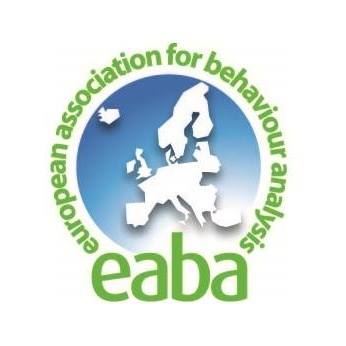What Is Behaviour Analysis?
Behaviour Analysis is a science of human behaviour with application in a range of professions, including psychology, social work, education, medicine, sociology, economics, political science and philosophy. Graduate degree programs in Behaviour Analysis are now available in a range of faculties, with opportunities for professional certification and a strict code of ethics.
Three distinct strands in the science include one that focuses on the philosophy of science (Behaviourism), one that addresses empirical questions from the perspective of The Experimental Analysis of Behaviour, and one concerned with applications for improving socially significant behaviour (Applied Behaviour Analysis).
Behaviourism
Behaviourism provides the underlying philosophy of the science. There are, however, different interpretations of behaviourism, including methodological behaviourism, philosophical behaviourism, and radical behaviourism. Methodological behaviourism asserts that only overt behaviour can be studied scientifically. It accepts the existence of emotions, thoughts and feelings, but contends that these can’t be studied scientifically due to the lack of direct observation and measurement procedures. Philosophical behaviourism does not reject statements about the mind or various states of consciousness, rather, it asserts that statements such as these are actually statements about a person’s bodily actions, dispositions and readiness to behave in a certain way. Radical behaviourism, most commonly associated with the writings of B. F. Skinner, holds the position that the study of private events is important to individuals and to science, and that behaviour analysts can develop effective ways to predict and control their occurrence. Radical behaviourism is critical of mentalism, circular reasoning and dualism and it values pragmatism, empiricism and scientific scepticism.
The Experimental Analysis Of Behaviour (EAB)
EAB focuses on establishing functional relations between dependent and independent variables. It relies on repeated exposure to, or removal of, an independent variable, and it has developed a range of sophisticated research designs in which participants act as their own controls. These single-case research designs have been adopted by a variety of basic sciences and by applied professionals and they are said to provide the highest level of evidence for making causal inferences at the individual level.
Applied Behaviour Analysis (ABA)
In ABA, the design of interventions for generating behaviour change is guided usually by the scientific method associated with single-case research designs. While there is a common misconception that ABA is simply a therapy for Autism Spectrum Disorder, behaviour analysts all over the world use the principles of behaviour uncovered by the science to optimise socially significant behaviours for many different groups in society. For example, ABA has been used to support weight management, reduce drug and alcohol abuse, achieve optimal educational outcomes in mainstream schooling, and encourage recycling, to name just a few.










